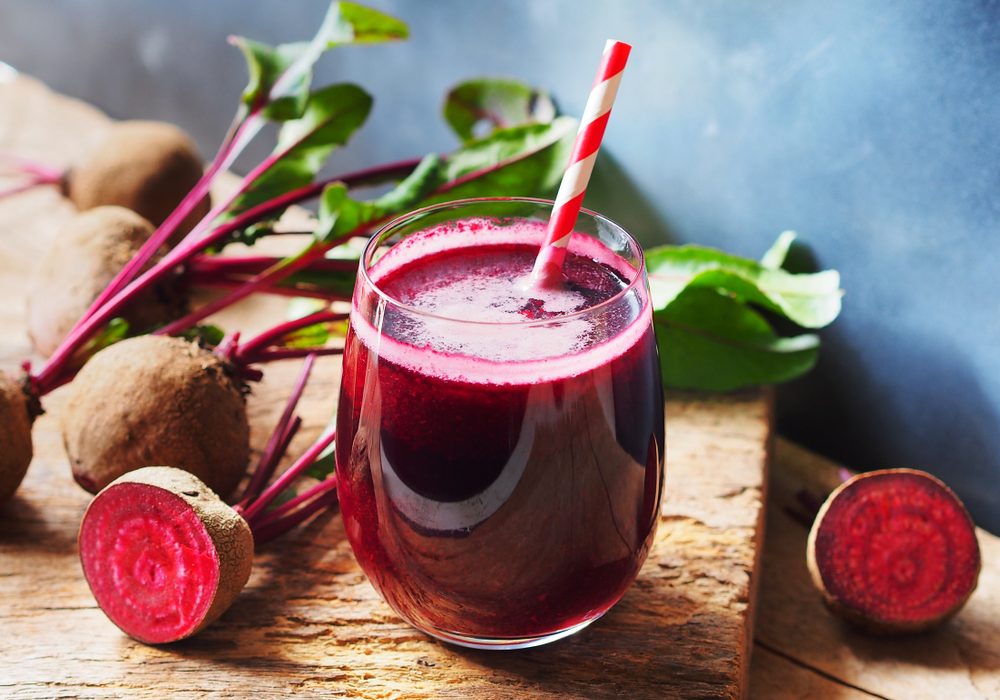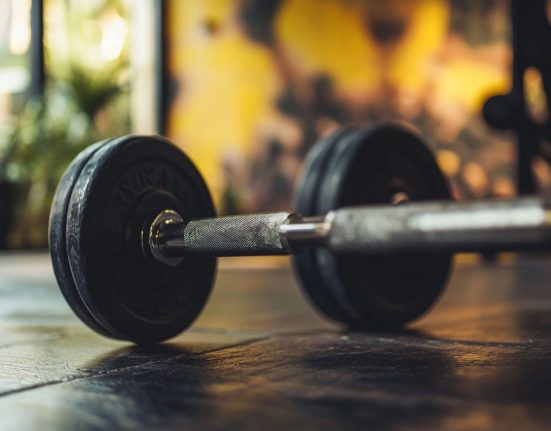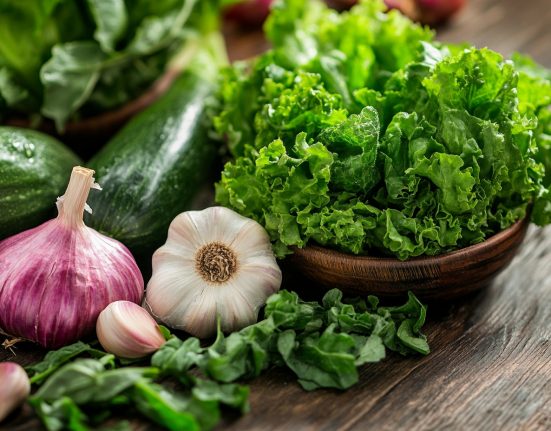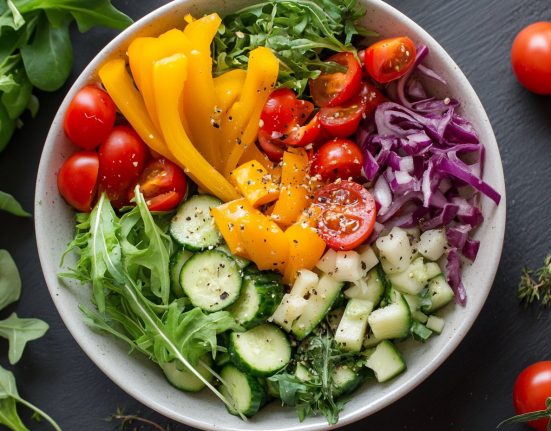They help your muscles in a surprising way
You know you should eat your vegetables to help your heart. But can they bring the same health-boosting benefits to the gym, too?
Turns out, some of them just might help your workout, too: Beets may quicken your muscle recovery after a tough workout, as researchers from Northumbria University in England found.
In the study, 20 participants were given either 250 milliliters (ml) of beetroot juice, 125 ml, or a placebo immediately, 24 hours, and 48 hours after completing 100-drop jumps. People who took the highest dosage of beetroot juice reported less muscle soreness—meaning their muscles recovered faster—than those who didn’t take any at all in the 48-hour and 72-hour periods post-exercise.
Strenuous exercise can trigger oxidative stress, which occurs when there’s an imbalance of cell-damaging atoms called free radicals in your body, and the antioxidants that fight them. This process can lead to inflammation and muscle soreness.
But beetroot contains nitrate, says study author Glyn Howatson, Ph.D., director of research and innovation for the department of sport, exercise and rehabilitation at Northumbria. And that compound has anti-inflammatory properties that can help tamp down the inflammation after an intense workout.
That same anti-inflammatory work may also be the same way that beetroot helps your heart, too. In fact, regularly consuming the vegetable helps to lower your blood pressure and decrease your risk of heart disease, which kills more men each year than every type of cancer combined.
Should You Drink Beetroot Juice After Your Workout?
Howatson recommends drinking 7 to 10 ounces of beetroot juice (like this bottle from Dynamic Health) immediately after anything taxing—activities that involve heavy resistance or forceful changes in direction like field- or court-based sports—to decrease muscle soreness and help you recover faster. Sprint workouts are especially taxing to your muscles, he says.
So if you’re someone who regularly participates in training sessions that require fast-paced, repeated sprinting exercises where your muscles—particularly your quads—feel sore for days afterwards, consuming beetroot juice can help.
If you’re not a fan of the taste, other kinds of produce can offer anti-inflammatory properties as well, says Howatson. Look for anything red, blue, or purple in color, which can signal high levels of helpful antioxidants. You can try, for instance, 7 to 10 ounces of blueberry or cherry juice, instead. (But make sure it’s not the diluted sugary stuff.)
Don’t like drinking your fruits and vegetables? Stick to the whole food version: Eating about one cup can give you the same anti-inflammatory boost, he says.









